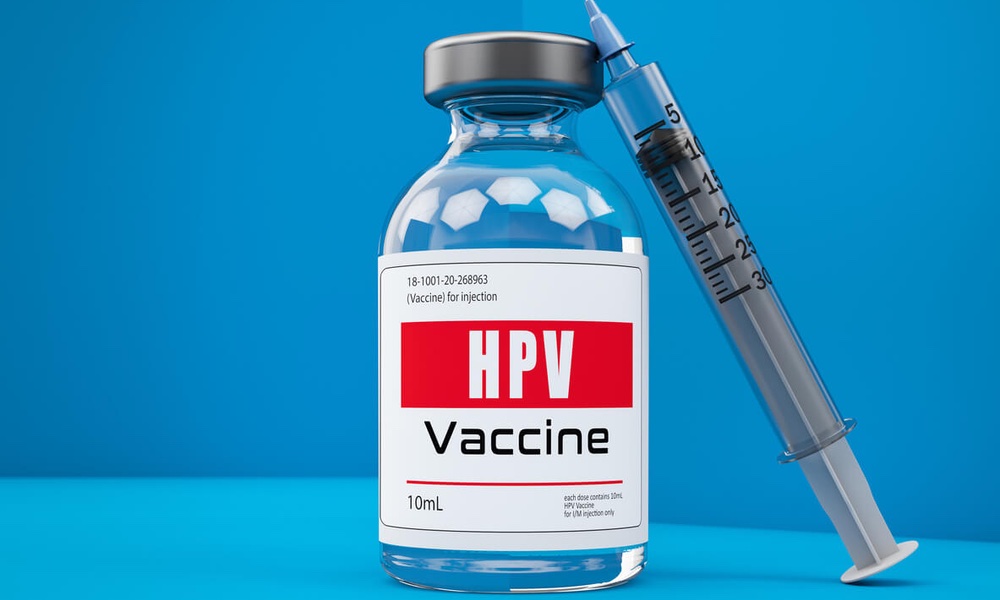Aspirin in high doses has been shown to reduce the risk of colon cancer, but there are some risks associated with taking high doses of the drug over a long period of time. Now, a new study shows that low doses of aspirin may also cut colon cancer risk significantly, and may provide a safer method to protect against the disease — for those at high risk, at least.
Cancers in the upper part of the colon were reduced markedly (by up to 70% with aspirin treatment for over five years), but cancers of the lower colon did not seem to show this same reduction.
The new study analyzed data from four earlier studies that together included over 14,000 participants. The participants were given either aspirin or placebo to take for six years on average. Peter Rothwell and his colleagues at Oxford University followed up with the participants for an average of 20 years, keeping track of who developed colon cancer and how likely they were to survive it.
Compared to people in the control (placebo) group, participants who had taken aspirin over the years had a 24% reduced risk of developing colon cancer. Even more, those in the aspirin group who did develop it had a 35% reduced risk of dying from it, compared to participants in the placebo group. When the researchers looked at where in the colon the cancers developed, they found that cancers in the upper part of the colon were reduced markedly (by up to 70% with aspirin treatment for over five years), but cancers of the lower colon did not seem to show this same reduction.
In an accompanying editorial in the October 21, 2010 issue of The Lancet, Robert Benamouzig and Bernard Uzzan write that the new study may spur clinicians to recommend aspirin to their patients who are at high risk (perhaps because of family history). People who are at not considered high-risk should not necessarily start taking aspirin in hopes of warding off the disease. More research will be needed to determine what dosing is the safest and most effective, as well as how aspirin actually works to protect the colon against the disease.




